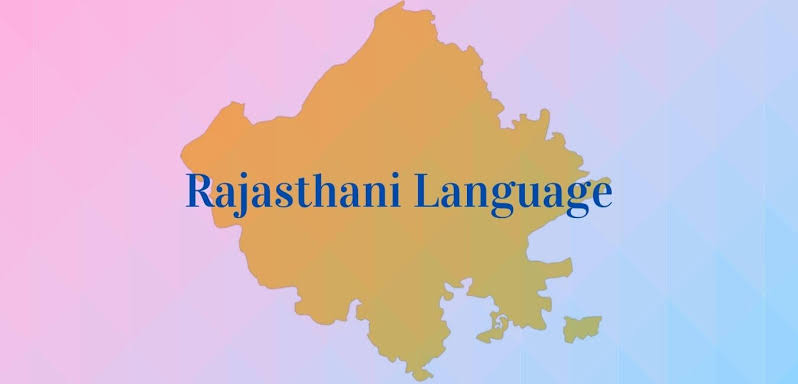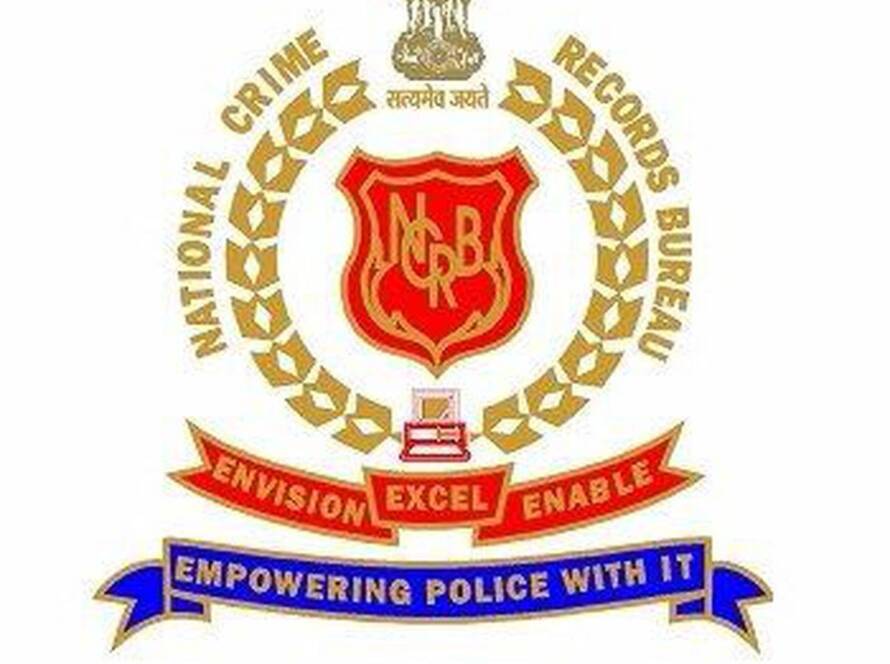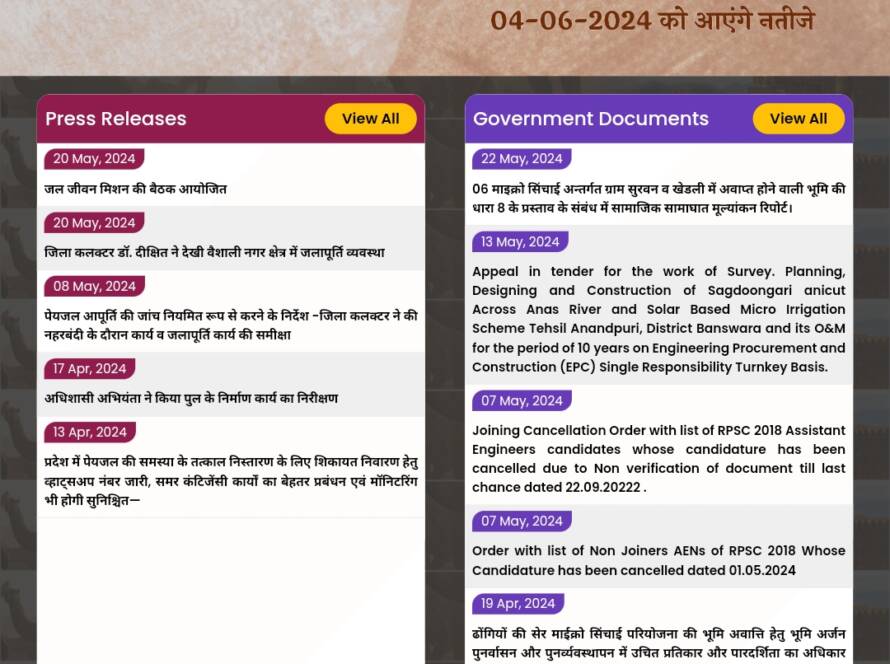JNVU to Offer Rajasthani Language as a Compulsory Subject
Starting Next Academic Year at Jai Narain Vyas University
In a landmark decision to promote regional language and heritage, Jai Narain Vyas University (JNVU), located in Jodhpur, has announced the introduction of Rajasthani language as a compulsory subject in its curriculum. This development was revealed by JNVU Vice Chancellor Professor Kanhaiya Lal Srivastava during a special event held on February 21 to celebrate Matri Bhasha Diwas (Mother Language Day). The event was organized in collaboration with the Mehrangarh Museum Trust.

JNVU Becomes Second University in Rajasthan to Take This Step
With this new addition, JNVU will become the second university in Rajasthan to make Rajasthani a mandatory subject. The first was Maharshi Dayanand Saraswati University (MDSU) in Ajmer, which earlier this year implemented a similar policy. The inclusion of Rajasthani in the academic curriculum underscores a growing recognition of the need to preserve the region’s rich linguistic heritage.
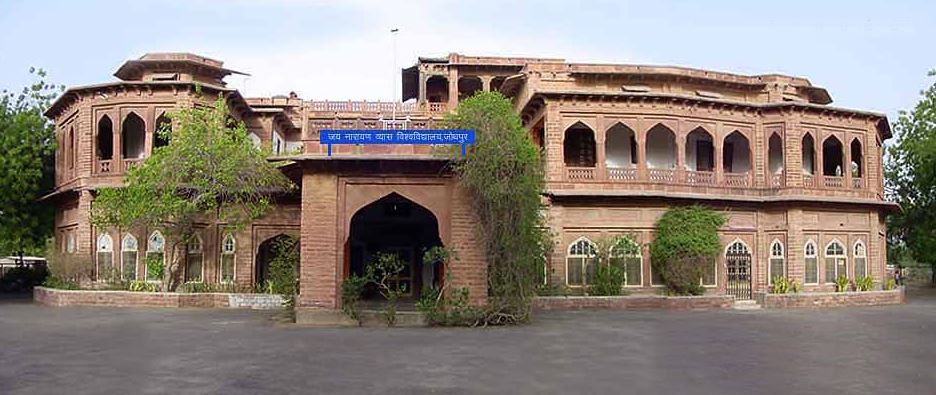

The Process of Implementation
The university administration has already outlined the implementation plan for this new initiative. A formal proposal to introduce Rajasthani language as a required subject will be tabled at the upcoming Academic Council meeting. Once the proposal is passed, it will then move to the Syndicate for final approval. Upon approval, the decision will be officially enforced, likely starting from the next academic session.
Importance of Introducing Rajasthani in Education
Rajasthan is known not just for its majestic forts and vibrant culture but also for its diverse dialects and languages. Rajasthani is spoken by millions across the state but has often been overshadowed in formal education by languages like Hindi and English. By making Rajasthani a compulsory subject, JNVU is taking a step toward legitimizing and safeguarding this linguistic identity.
Introducing the Rajasthani language into university curricula serves multiple purposes:
- Cultural Preservation: It ensures that younger generations stay connected with their roots.
- Language Development: Helps standardize Rajasthani, encouraging research and literature.
- Regional Pride: Promotes local pride and appreciation for native languages.
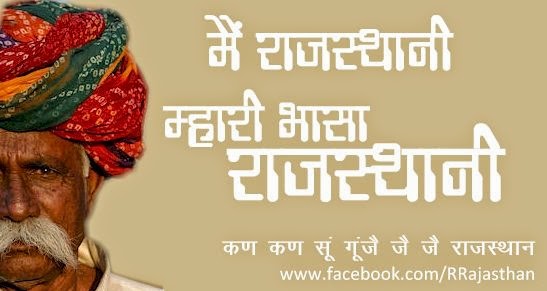
Expert Opinions and Public Response
Speaking on the occasion, Vice Chancellor Srivastava emphasized the importance of mother tongues in shaping a student’s personality, thought process, and emotional connection with their culture. He stated that the Rajasthani language should not remain limited to homes and villages but must find its place in academic discourse as well.
The response from students, faculty, and cultural advocates has been overwhelmingly positive. Many see this as a long-overdue move that will help preserve Rajasthan’s linguistic diversity.
Rajasthani Language: A Vital Part of Rajasthan’s Identity
Rajasthani is not a single language but a group of dialects, including Marwari, Mewari, Shekhawati, and Harauti, among others. It has a rich literary tradition and is used widely in folk songs, stories, and daily communication. Despite its widespread use, Rajasthani has not yet been granted official language status in India, making its inclusion in academics all the more important.
Mehrangarh Museum Trust’s Role
The Mehrangarh Museum Trust, which co-hosted the Matri Bhasha Diwas celebration, has been actively working toward the preservation of Rajasthan’s cultural and linguistic heritage. Their involvement underscores the collaborative effort between educational institutions and cultural organizations to promote native languages.
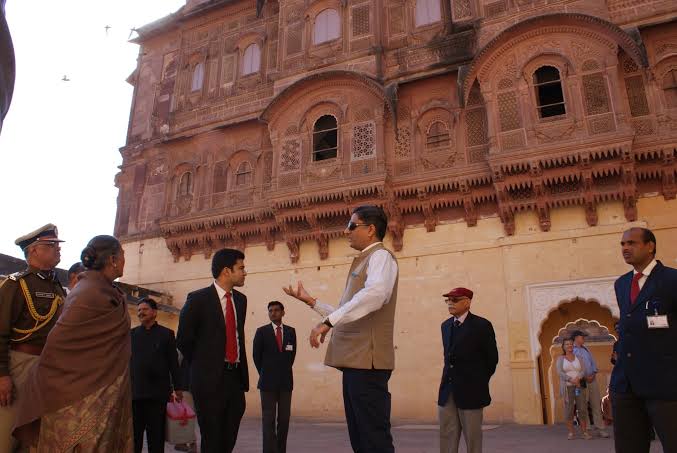
What This Means for Students
From the next academic session, students enrolling at JNVU can expect to study Rajasthani alongside Hindi and English as part of their core language subjects. This will not only enrich their linguistic capabilities but also help them gain a deeper understanding of their cultural background.
Final Thoughts
The move by JNVU to make Rajasthani a compulsory subject is more than just an academic decision—it’s a cultural milestone. It reflects an increasing awareness of the need to protect indigenous languages, promote regional literature, and empower students through their mother tongue.
As this initiative gains momentum, it is hoped that more universities across India will take similar steps to preserve the country’s rich linguistic diversity.
For more such content, check out our website – MTAT INDIA ( the best film production house in Rajasthan ) and follow us on Instagram and Facebook – @mtatindia


